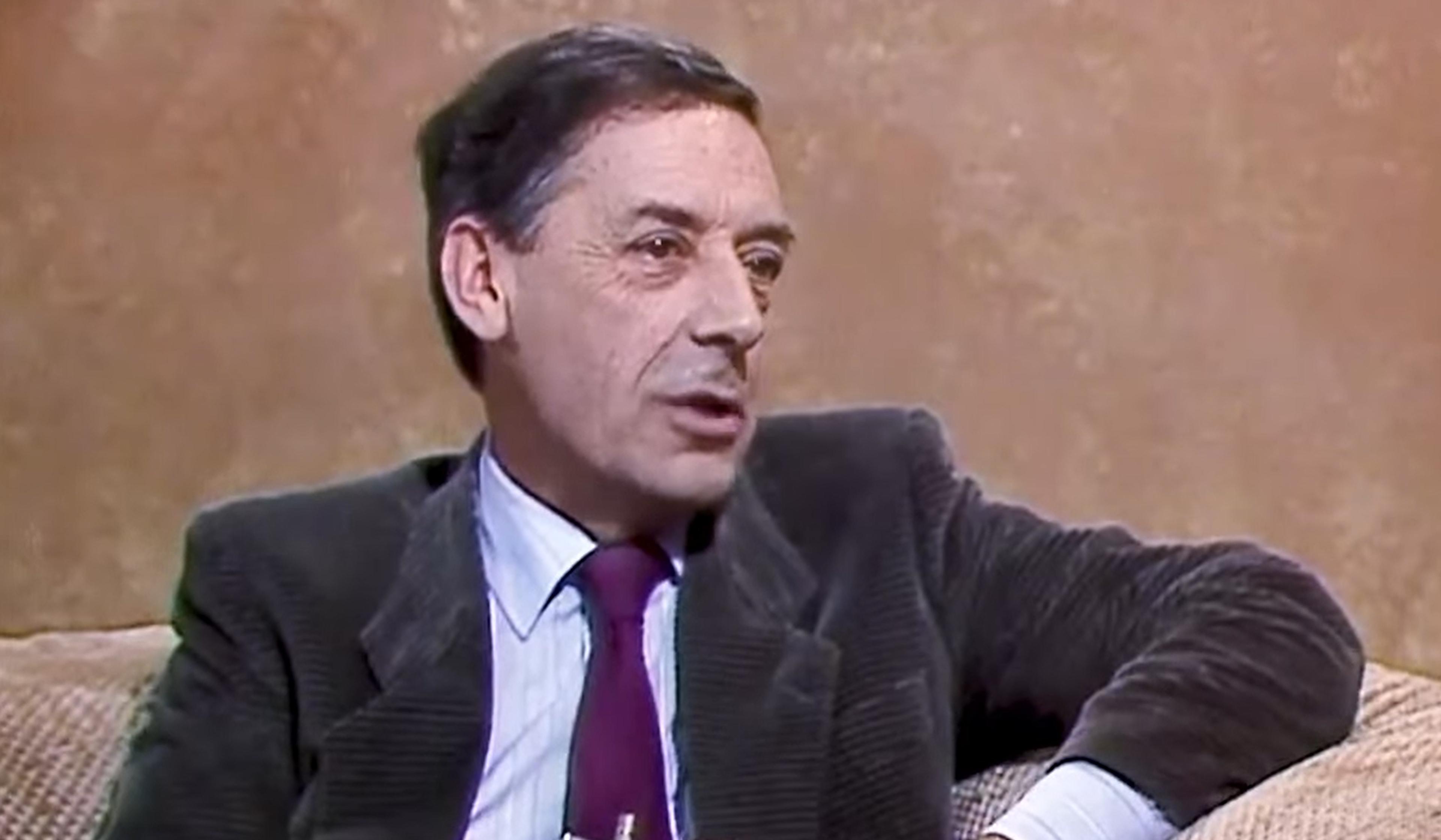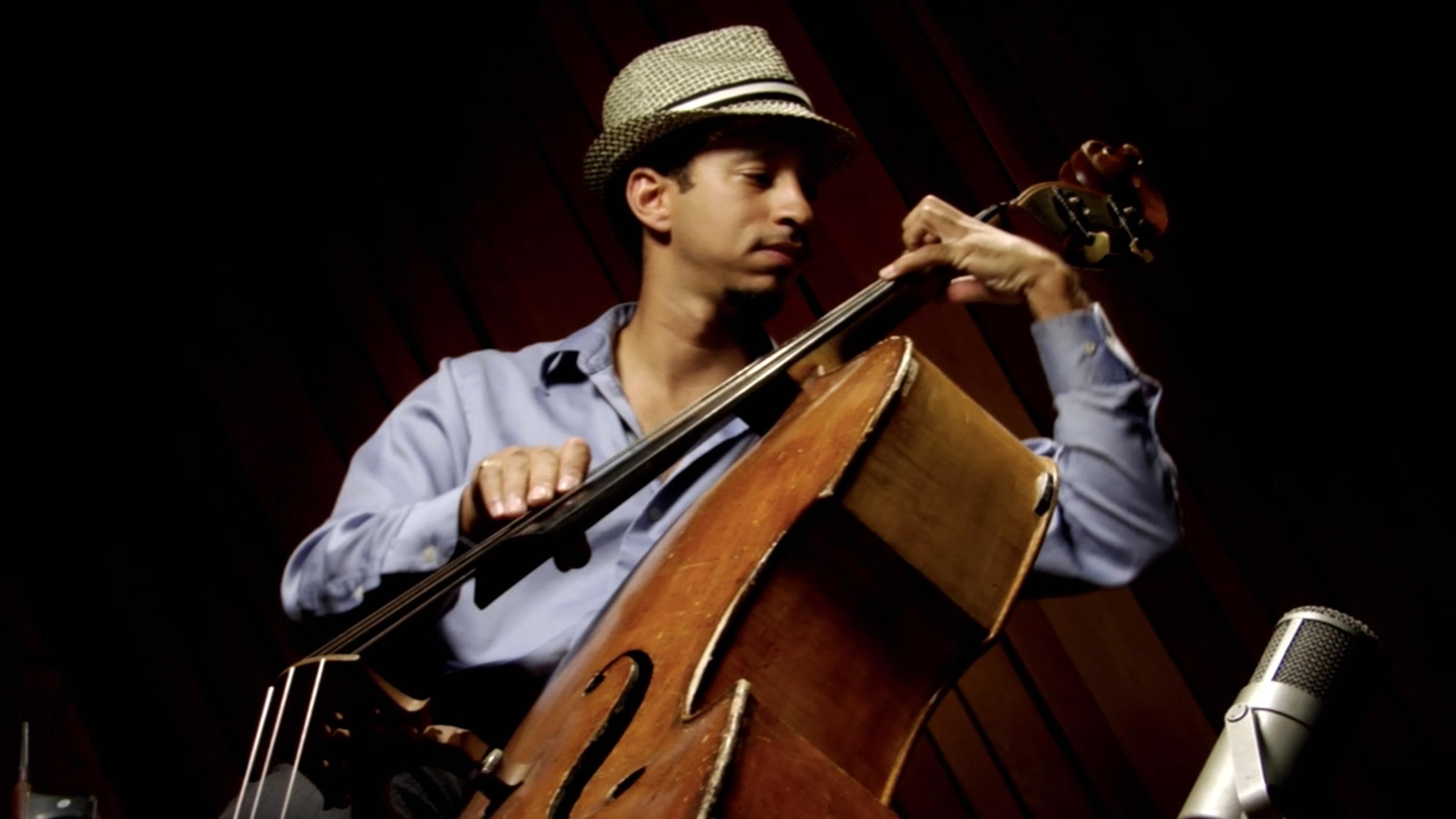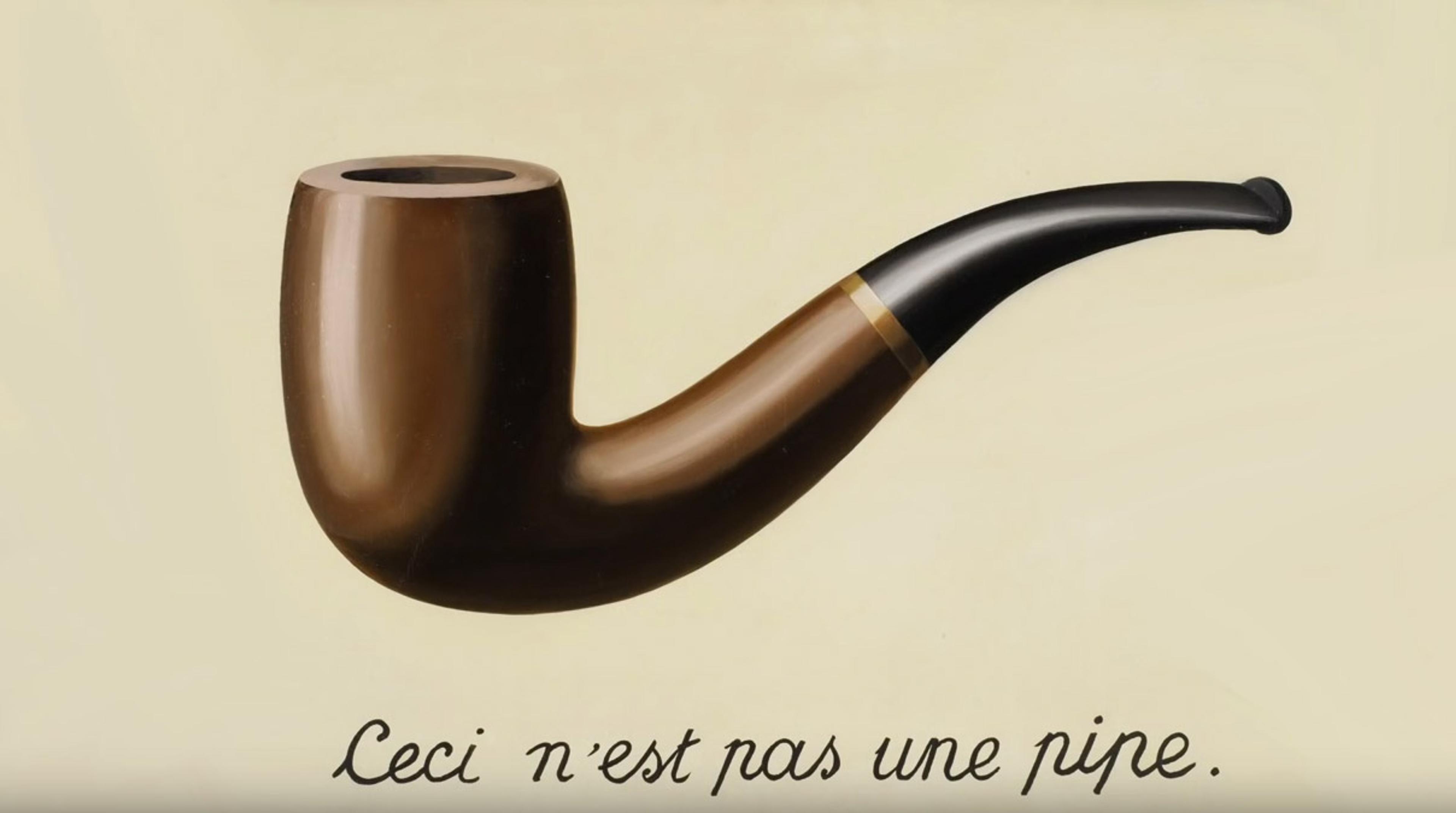The Austrian philosopher Ludwig Wittgenstein (1889-1951) wrote two major works in his life: the Tractatus Logico-Philosophicus (1921) and the posthumously published Philosophical Investigations (1953). With Philosophical Investigations, Wittgenstein at once built on and contradicted his earlier work, arguing that the meaning of language wasn’t in its relationship to reality (as he’d argued in the Tractatus) but in its vast web of crisscrossing usages – a ‘language game’, as he called it, in which all people are engaged. Further, he said, any attempt to step outside this language game was doomed to fail as, in the human mind, thinking and language are inseparable. In this video from 1987, the celebrated UK broadcaster and philosophy populiser Bryan Magee (1930-2019) discusses Wittgenstein’s intricate ideas with the US philosopher John Searle (1932-). Highlighting how Wittgenstein twice upended the philosophy of language – once by disagreeing with his own earlier views – Searle points to the philosopher’s wide influence, and what he perceives as the strengths and limits of his life’s work.
For Ludwig Wittgenstein, language is a game, but not a frivolous one
6 June 2022
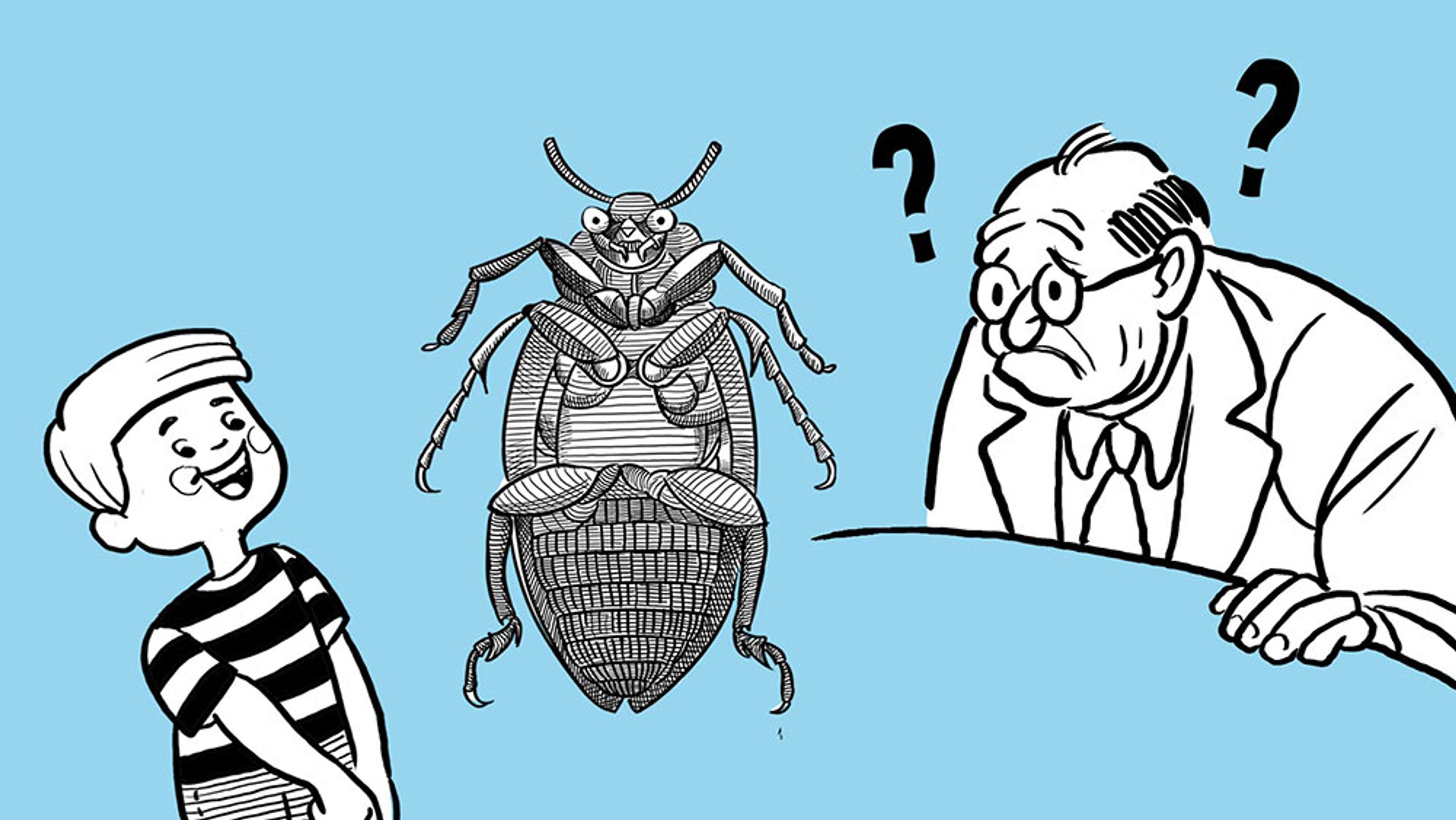
videoPhilosophy of language
Does the meaning of words rest in our private minds or in our shared experience?
2 minutes
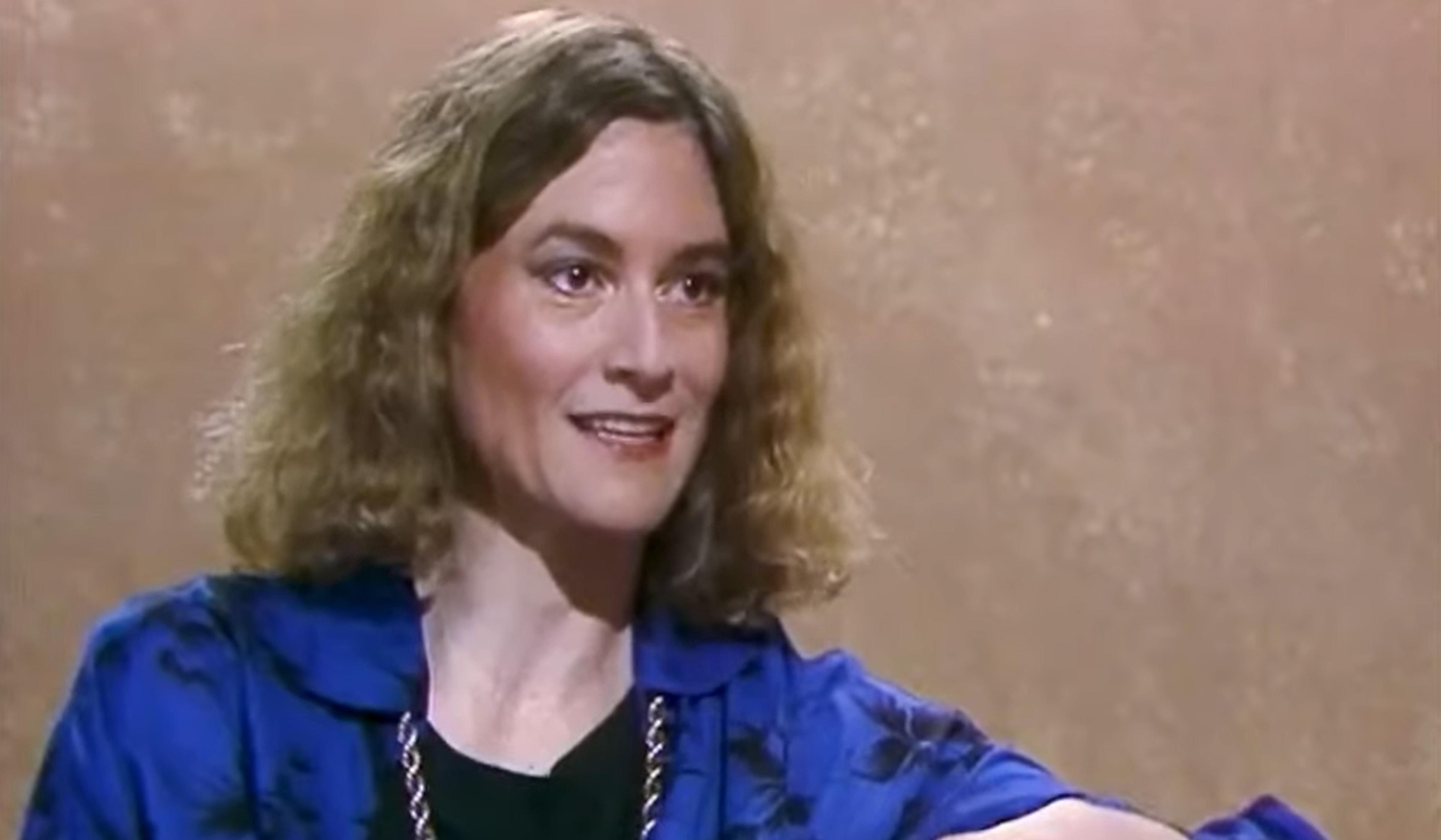
videoThinkers and theories
Metaphysics and beyond – Martha Nussbaum on Aristotle’s indelible ideas
43 minutes
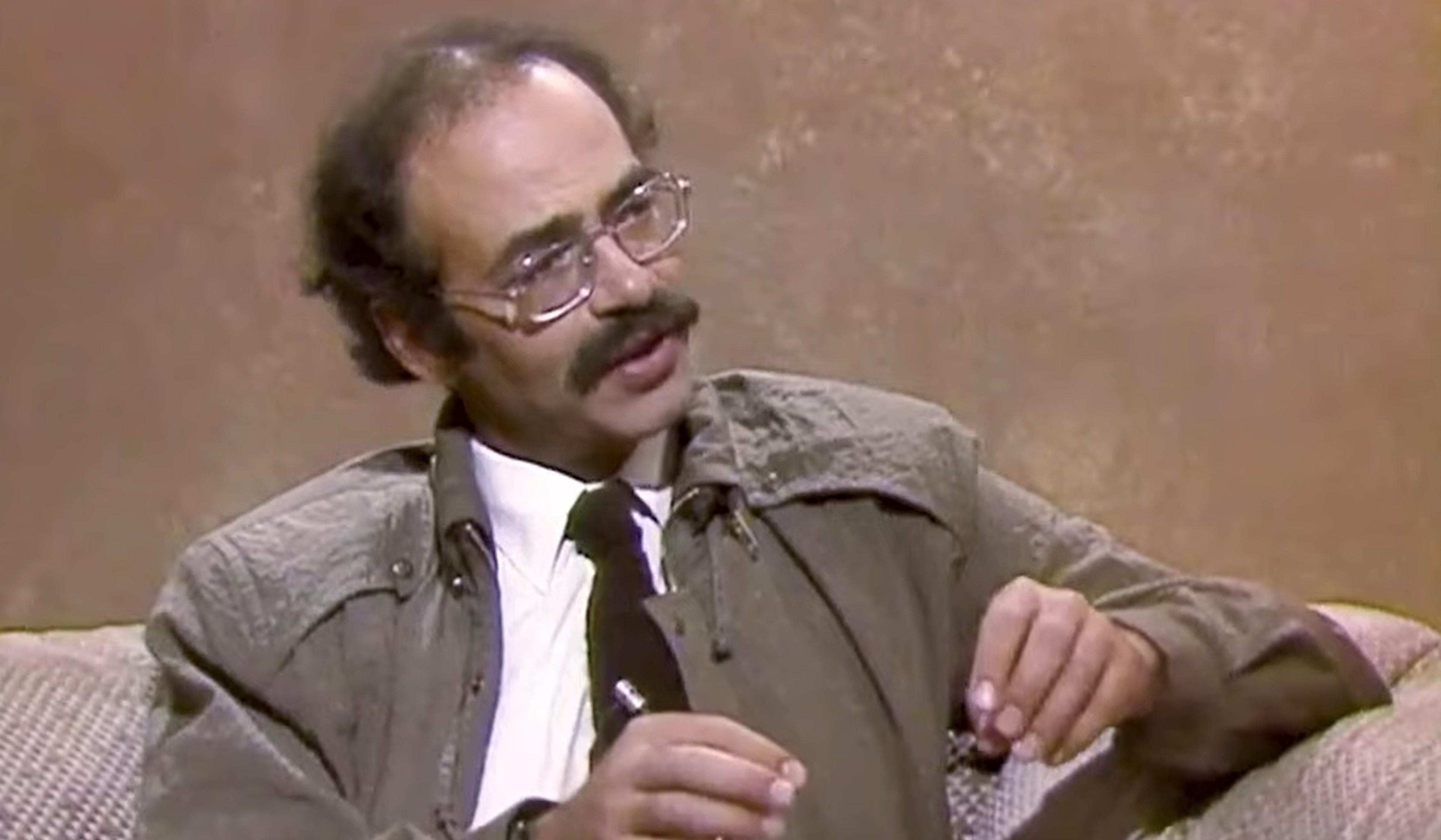
videoHistory of ideas
Peter Singer charts the path from Hegelian philosophy to Marxist revolution
43 minutes

videoPolitical philosophy
A fanatic against fanaticism, and other pleasures of Bertrand Russell in his own words
29 minutes
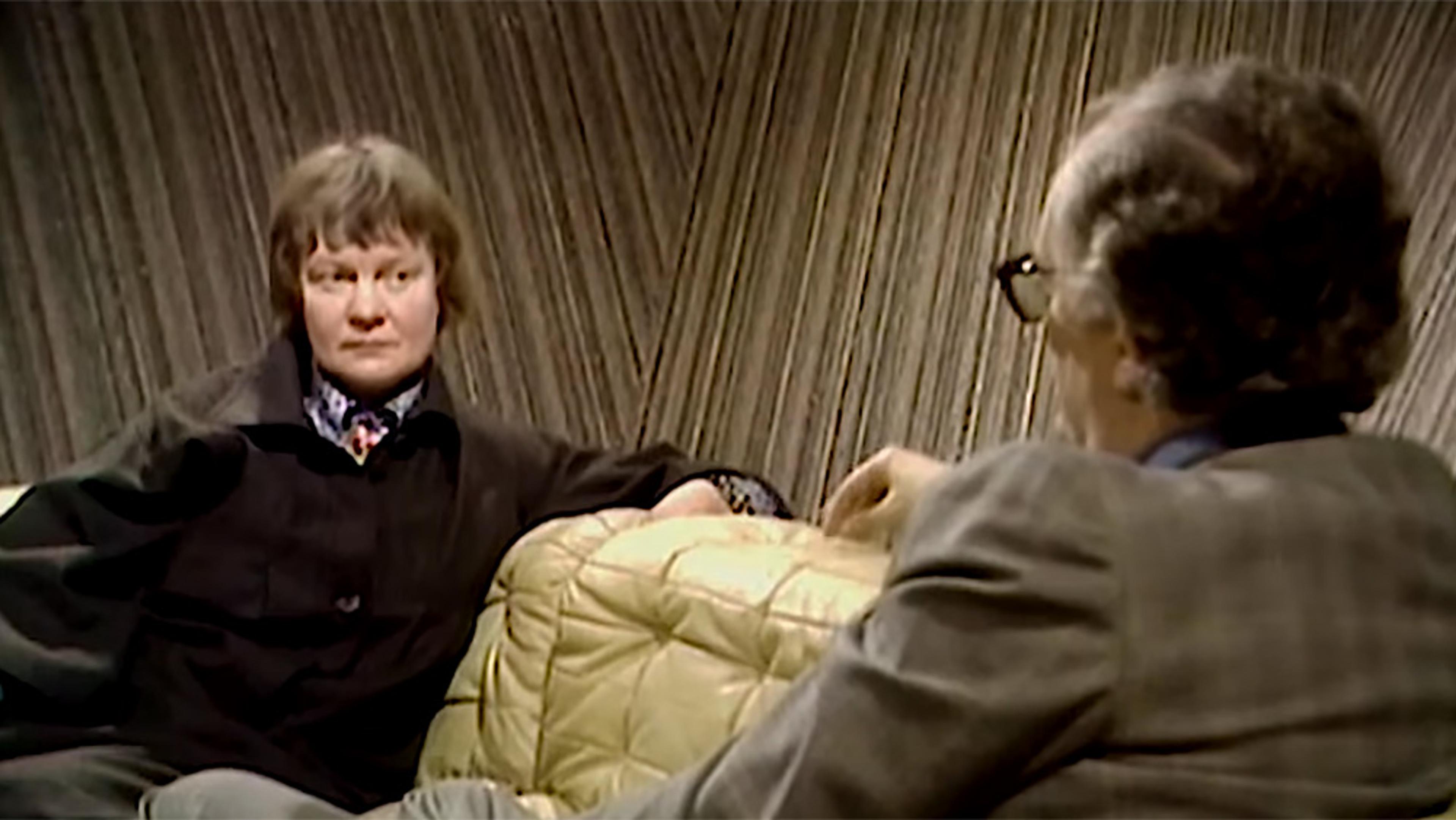
videoThinkers and theories
When does philosophy overlap with literature? Iris Murdoch talks to Bryan Magee
44 minutes
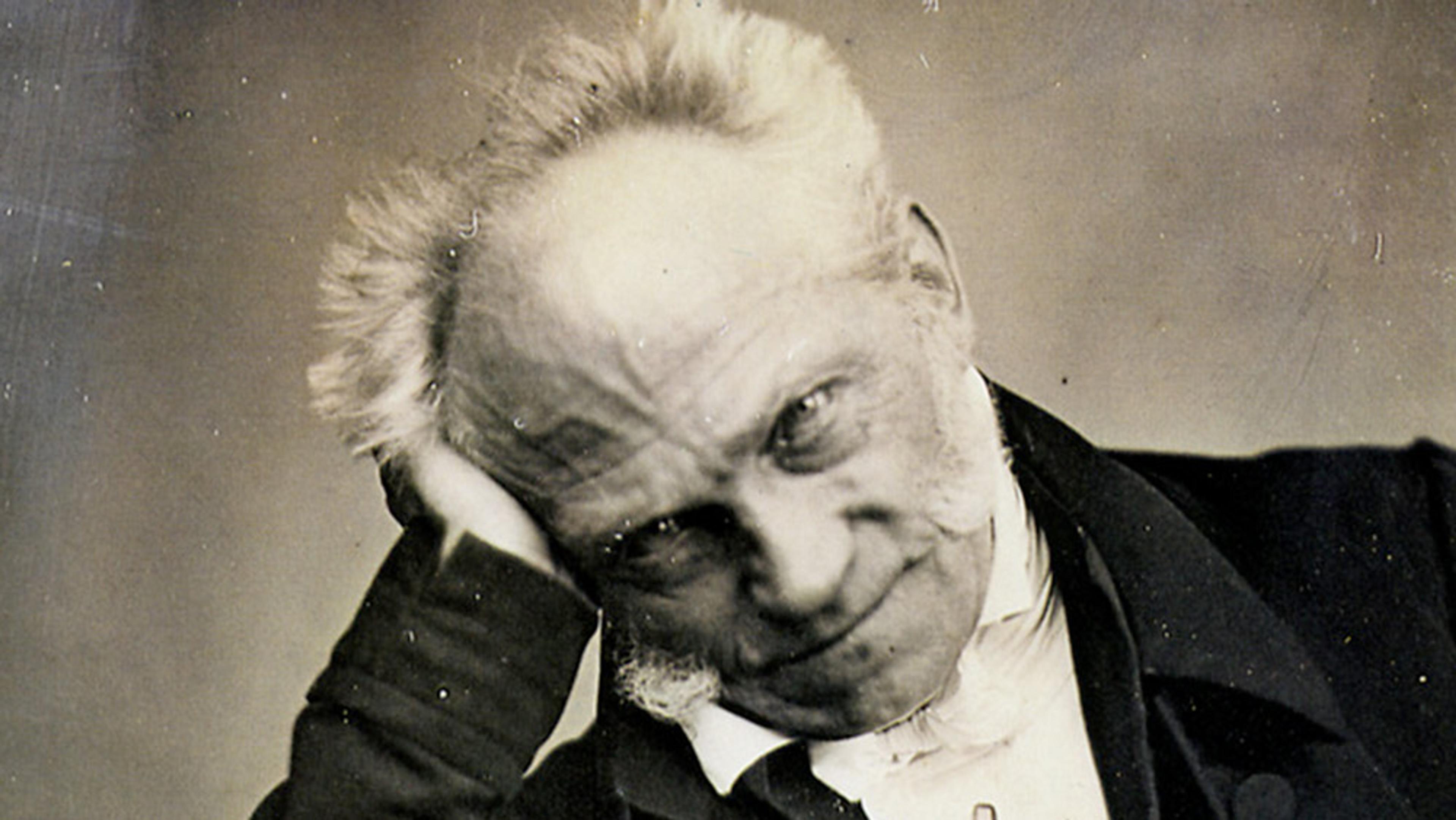
videoThinkers and theories
The intellectual legacy of philosophy’s greatest pessimist: life is suffering, art is supreme
44 minutes
